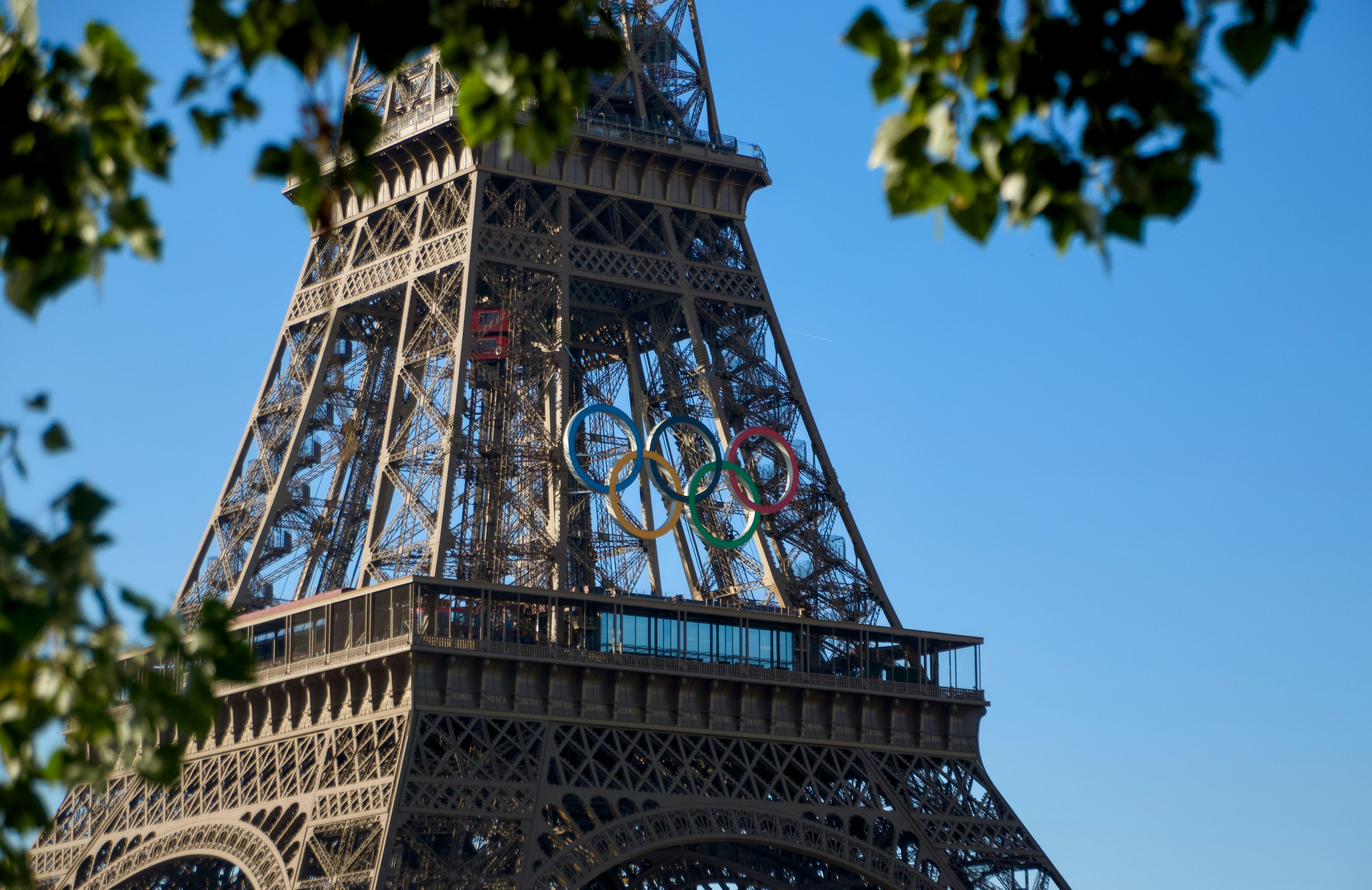Being hailed as the ‘AI Olympics’, the 2024 Paris Olympics will be memorable for more than its stunning opening ceremony and record-breaking athletes. This year’s Olympics will be renowned for introducing an impressive array of AI technologies.
With applications ranging from athlete safeguarding to enhanced broadcast experiences and efficient energy management, AI and technology innovations have transformed some areas of the 2024 Paris Olympics, paving the way for future competitions.
In a groundbreaking initiative, the International Olympic Committee launched the Olympic AI Agenda in April 2024, which mapped out the impact that AI could deliver for sport. As the Official AI Platform Partner for the 2024 Paris Olympics, Intel introduced AI experiences to transform the Olympic experience for fans, organisers, athletes and viewers across the globe.
One example of this AI in practice is the introduction of Automatic Highlights Generation, which created tailored highlights across multiple disciplines, distributing these to fans instantly, creating efficiencies in production and editing. This AI automation enabled broadcasters to bring more customised digital content to viewers faster than ever before.

